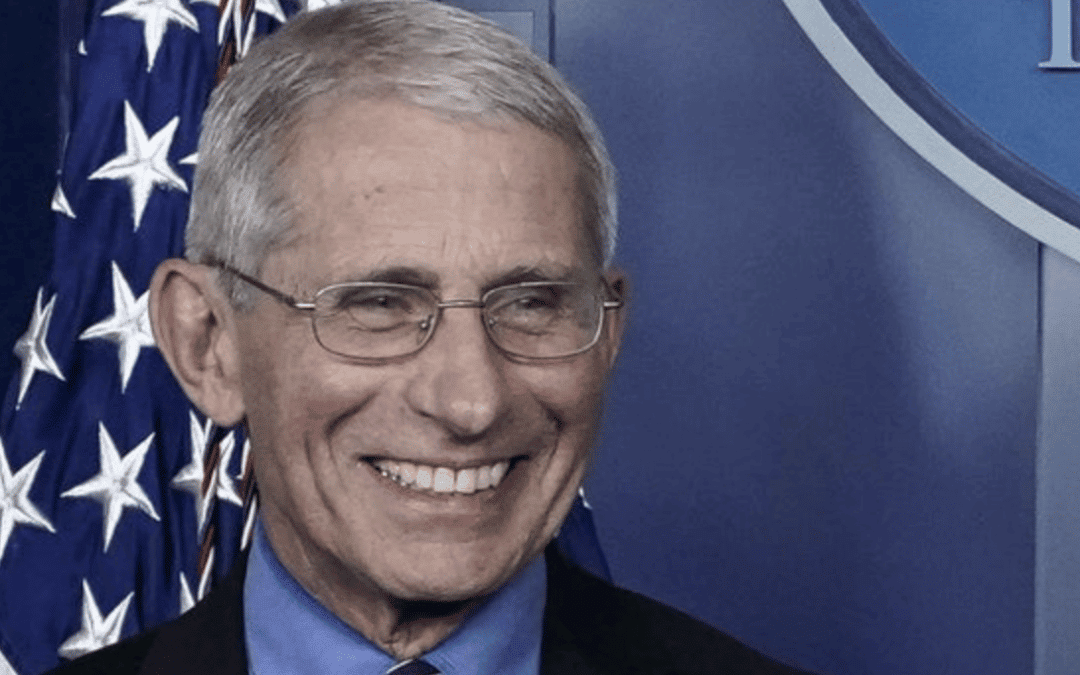‘Follow the science” has been the battle cry of lockdown supporters since the Covid-19 pandemic began. Yet before March 2020, the mainstream scientific community, including the World Health Organization, strongly opposed lockdowns and similar measures against...





